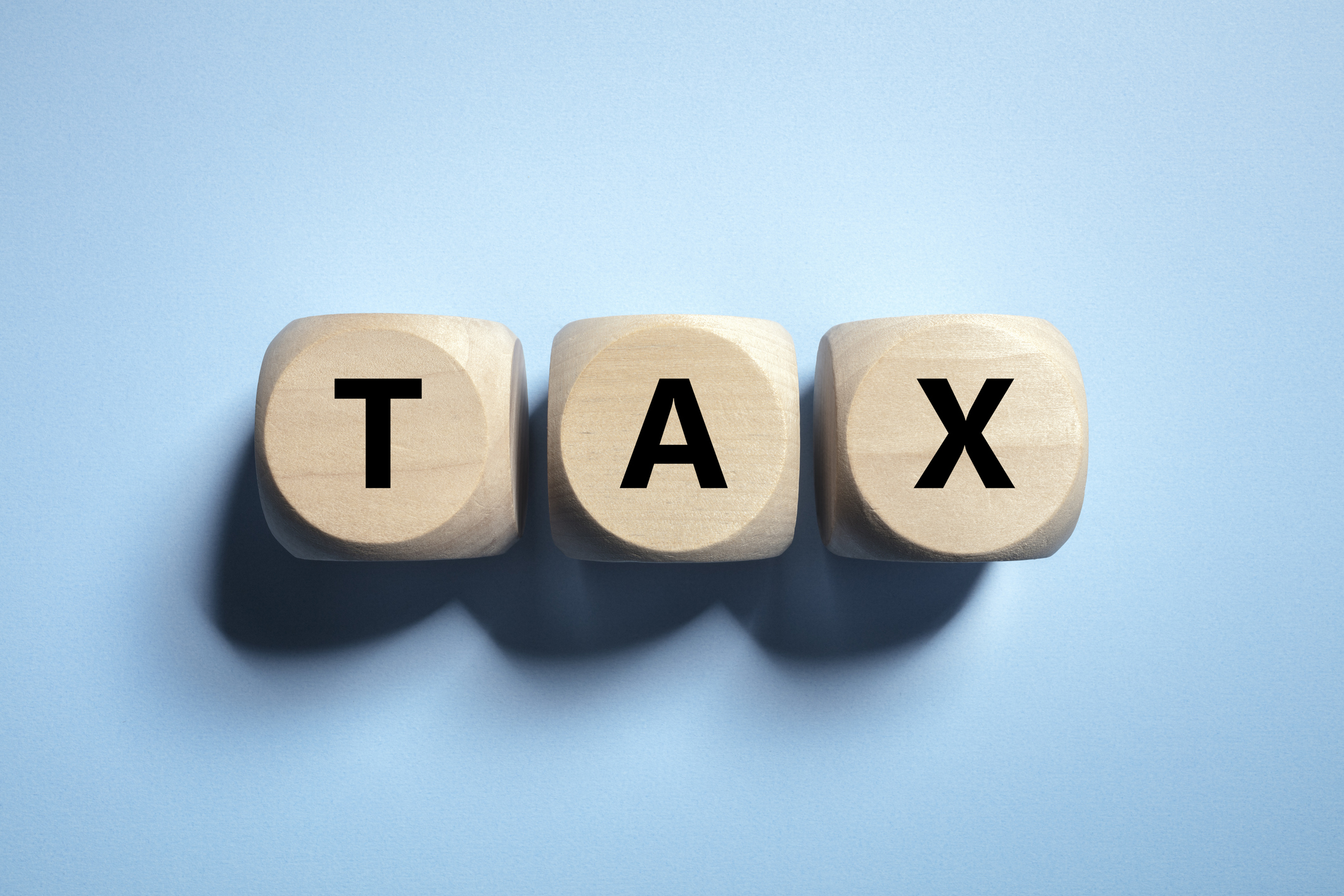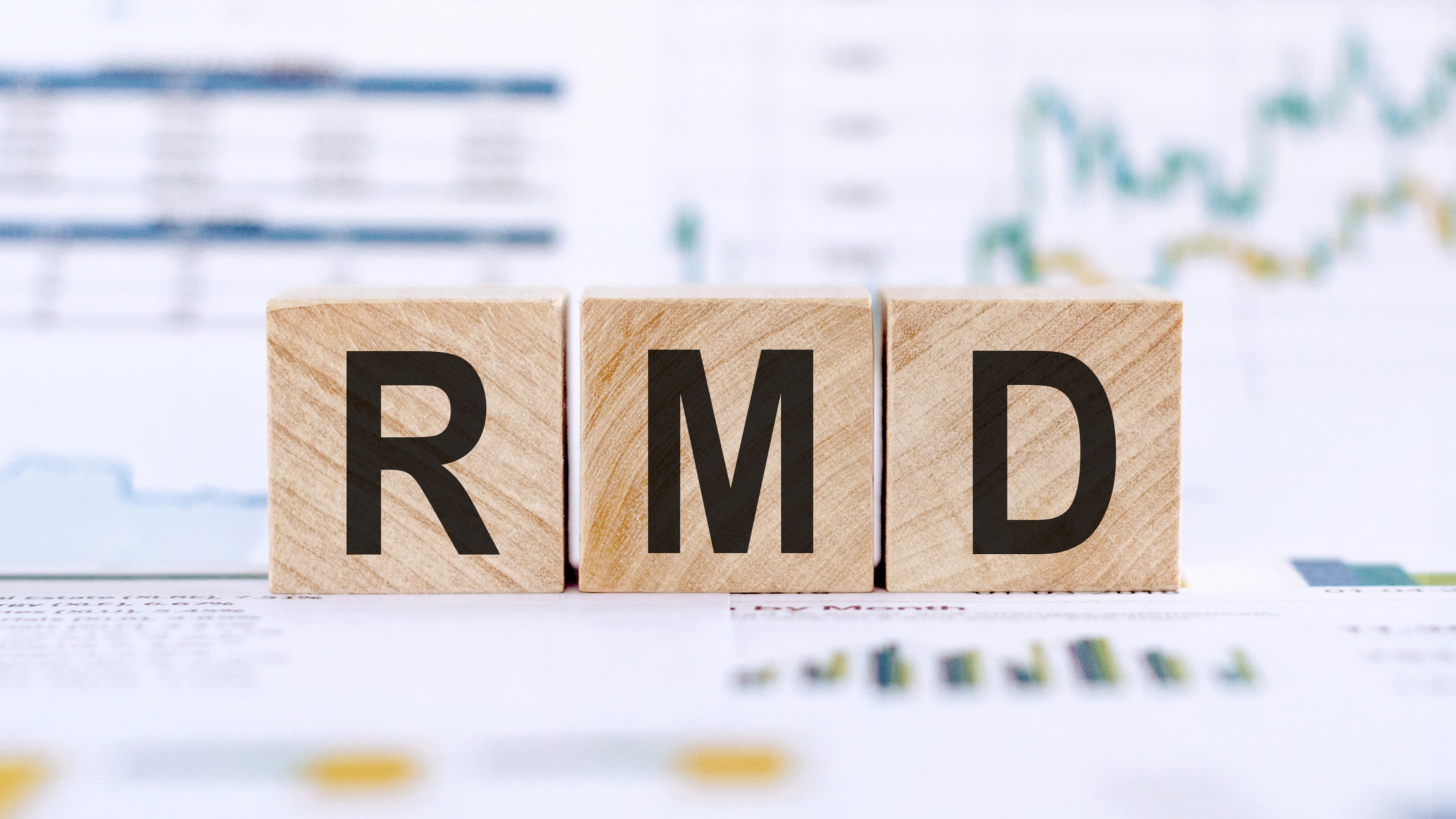
-

In Your 50s? We Need to Talk About Long-Term Care
-

How to Get Your Finances Back on Track After a Divorce
-

Donating Complex Assets Doesn't Have to Be Complicated
-

Seven Great Places to Retire in Florida
Retirement -

Travel Trends You Can Expect This Summer
The Kiplinger Letter -

AI Goes To School
The Kiplinger Letter
Get Kiplinger Today newsletter — free
Profit and prosper with the best of Kiplinger's advice on investing, taxes, retirement, personal finance and much more. Delivered daily. Enter your email in the box and click Sign Me Up.
Investing
-

If You'd Put $1,000 Into Intel Stock 20 Years Ago, Here's What You'd Have Today
Intel Intel stock has been a catastrophe for long-term investors.
By Dan Burrows Last updated
-

Analysts' Top S&P 500 Stocks to Buy Now
Amazon.com, Bank of America and Microsoft are just three names making the Street's list of top-rated stocks this month.
By Dan Burrows Last updated
-

If You'd Put $1,000 Into IBM Stock 20 Years Ago, Here's What You'd Have Today
IBM IBM stock has been a catastrophe for truly long-term investors.
By Dan Burrows Last updated
Personal Finance
-

The Average Social Security Check by Age
Compare your average Social Security check to others of your age, and plan for the future.
By Donna LeValley Last updated
-

Eight Ways To Save on Your Next Luxury Trip
Looking for ways to stretch your retirement dollars? Follow these tips to get a deal on your next vacation.
By Donna Fuscaldo Published
-

Walmart Raising Prices Soon — Here’s Which Products Will Cost You More This Summer
If you heard about Walmart raising prices, here are the key details you need to know ahead of your next shopping trip.
By Rachael Green Last updated
Meet Kiplinger's Experts
Taxes
-

Medicare Tax: Five Things Every Worker Needs to Know
Payroll Taxes It's important to know how Medicare tax works.
By Kelley R. Taylor Last updated
-

Required Minimum Distributions (RMDs): Rules, Deadlines, and Important Changes to Know
RMDs Here are some basics to know about RMDs and how these distributions can impact your taxes.
By Kelley R. Taylor Last updated
-

Most Expensive States for Retired Military Service Members
Retirement Veterans can keep more of their military retirement pay by avoiding these high-taxed, most expensive states for retired service members.
By Katelyn Washington Last updated
Retirement
-

Medicare Tax: Five Things Every Worker Needs to Know
Payroll Taxes It's important to know how Medicare tax works.
By Kelley R. Taylor Last updated
-

Required Minimum Distributions (RMDs): Rules, Deadlines, and Important Changes to Know
RMDs Here are some basics to know about RMDs and how these distributions can impact your taxes.
By Kelley R. Taylor Last updated
-

Most Expensive States for Retired Military Service Members
Retirement Veterans can keep more of their military retirement pay by avoiding these high-taxed, most expensive states for retired service members.
By Katelyn Washington Last updated
Real Estate
-

Is it Worth Having a Wine Cellar? What it Adds to Your Home Value — and Happiness
Home Features Wine cellars are a popular feature in high-end houses. Will installing one in your home increase its value, or would you be better off with a cheaper solution?
By Lia Picard Last updated
Home Features -

I'm 65, with $1.2 million saved and a paid-off $1.3 million rental property. Should I sell, or keep it for income?
Should I be a landlord in retirement?
By Maurie Backman Published
-

Retire in Costa Rica for Expat Heaven
When you retire in Costa Rica, you get natural beauty, ease of relocation and affordability. Will you become a part of its thriving expat community?
By Drew Limsky Published
Economic Forecasts
-

Kiplinger Inflation Outlook: Low Number Doesn’t Reflect Tariffs Yet
Economic Forecasts Inflation should rise in the coming months as tariff effects materialize, but less than first expected, now that there is a U.S.-China trade truce.
By David Payne Last updated
Economic Forecasts -

Kiplinger Trade Outlook: Trade Gap Expands in March to Record Level
Forecasts Kiplinger's latest forecast on trade: U.S. exports, imports and our net trade deficit.
By Rodrigo Sermeño Last updated
Forecasts -

Kiplinger Interest Rates Outlook: Rates in a Narrow Band Until Data Show a Slowing Economy
Forecasts A weaker economy should nudge rates lower, outweighing inflation concerns, but no major move is expected unless a recession hits.
By David Payne Last updated
Forecasts
More from Kiplinger
-

Eight Ways To Save on Your Next Luxury Trip
Looking for ways to stretch your retirement dollars? Follow these tips to get a deal on your next vacation.
By Donna Fuscaldo Published
-

Swipe Surcharge: How to Avoid Gas Station Credit Card Surcharges
Some gas stations are charging up to $1 more per gallon for credit card payments. Learn how to spot these fees and save on fuel.
By Choncé Maddox Published
-

15 Reasons You'll Regret an RV in Retirement
Making Your Money Last Here's why you might regret an RV in retirement. RV-savvy retirees talk about the downsides of spending retirement in a motorhome, travel trailer, fifth wheel, or other recreational vehicle.
By Bob Niedt Last updated
Making Your Money Last -

Ask the Editor, May 16 — Reader Questions on Capital Gains
In our latest Ask the Editor round-up, Joy Taylor, The Kiplinger Tax Letter Editor, answers three questions from readers on capital gains.
By Joy Taylor Published
-

Delta’s New Fare Changes: What Travelers Need to Know
Here’s what travelers need to know about Delta’s fare changes before booking their next flight.
By Rachael Green Published
-

United Airlines Raises the Bar with New Business Class Suites
Discover how United's new Polaris Studio suites redefine luxury and comfort on long-haul flights.
By Choncé Maddox Published





















